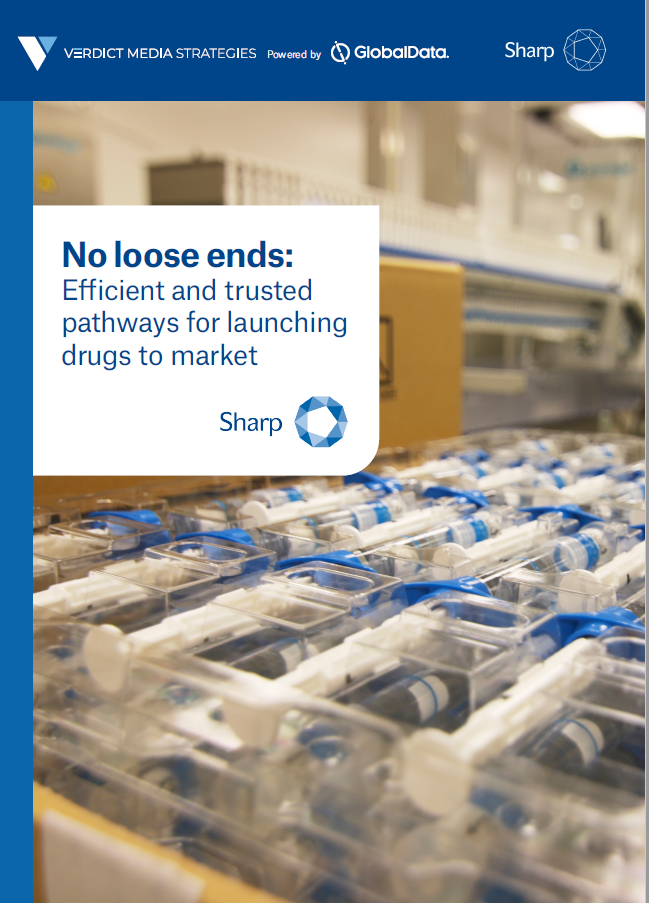In 2016, Logistics4Pharma was founded by industry experts working for different pharmaceutical logistic providers. Their aim was to meet the ‘packaging needs’ of the pharma industry. As the company’s CEO, Manuel Zollondz has experience working on both sides of the spectrum as a sponsor (he’s currently the VP of the Supply Chain and Procurement at a pharma company) and now as a vendor.
In this Industry Viewpoint, Zollondz explains to CTA Editor Henry Kerali how companies can find the right packaging solution for their supplies.
Henry Kerali: What are the biggest challenges you face in cold chain logistics?
Manuel Zollondz: The key concern is ensuring there is open communication between all participants in the clinical supply chain. In my experience, what I’ve found is that often small pieces of information are found missing, which can make things worse.
The willingness to be open and share information is critical as in global logistics you face many issues in different countries. Therefore, it’s critical for sponsors to find qualified partners that meet their expectations. So if you’re missing small information, this can change the course of the shipment because you’re unable to ship the materials due to airline or ground handling restrictions.
How well do you really know your competitors?
Access the most comprehensive Company Profiles on the market, powered by GlobalData. Save hours of research. Gain competitive edge.

Thank you!
Your download email will arrive shortly
Not ready to buy yet? Download a free sample
We are confident about the unique quality of our Company Profiles. However, we want you to make the most beneficial decision for your business, so we offer a free sample that you can download by submitting the below form
By GlobalDataOne of the key factors for us is to help ensure our customers have all the necessary information in place. Around the globe, the regulations are becoming increasingly strict, so it’s important to have a foolproof logistics supply chain in place.
HK: What are some the key packaging considerations sponsors and vendors should bear in mind when shipping materials?
MZ: It’s vital that all parties involved come together in the decision-making process as early as possible – ideally before sites are activated. It’s at that stage where various issues can be raised and addressed, such as regulatory restrictions.
Furthermore, it’s important to have partners experienced in the country you want to ship to. This can solve many of the logistical issues companies can run into.
HK: Would you say temperature monitoring is key to ensuring the integrity of the product is maintained?
MZ: Absolutely, it’s important to understand the limitations of the product being shipped – so it can be temperature, humidity or light protection. Secondly, consideration must be paid to the ensuring packaging and mode of transport is able to fulfil the product’s needs. For instance, in Europe you can use qualified temperature controlled vehicles that provide real-time GPS tracking. This can allow full visibility of the shipment when, for example, the freight compartment is opened.
For air shipments, it’s more important to pick the right packaging solution that maintains the product integrity over a sustained period of time. Moreover, the monitors used must be validated and calibrated devices that are pharma approved.
HK: What is the best mode of transport when delivering clinical supplies – air, sea or road?
MZ: A lot depends on the product you’re shipping. With sea freight, we’ve seen that companies are not as dedicated as air freighters. It takes much longer to obtain a booking, receive feedback, monitor the shipment – everything is delayed. While we do sea freight shipments, a lot depends on the product. Most of the products we handle are high value and temperature-controlled.
For that reason, with air freight shipments, what we try to do is devise a solution where the transit period is as short as possible. Furthermore, coordinate direct flights where possible to avoid handovers at different airports to reduce the risk of missing cargo. In this instance, it’s advantageous to have preferred carriers, with whom the sponsor has an established and trusted working relationship.
HK: What advice would you give to companies when shipping supplies from a logistical standpoint?
MZ: Working simultaneously for a pharma company, what I’ve learnt is that it’s important to look at the details before starting a project. Sometimes, you have a great offer for a manufacturing plant somewhere around the world and you think the logistics cannot be the tricky part. But to have a reliable supply chain and to have the logistics done in a way that protects the product integrity, there are a few efforts that need to be looked into.
What we learned is that you can have easy savings, by taking selecting the cheapest supplier or the cheapest production plant. However, it’s vital to look at the broader picture and consider the importance of getting the product to the end-user in the optimum condition. Remember, the cheapest solution doesn’t always bring about the best results. Therefore, it’s important to work with reliable, trustworthy partners.





